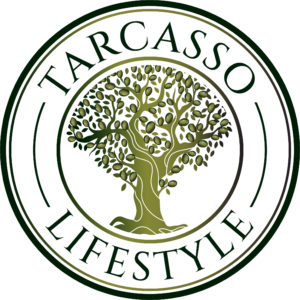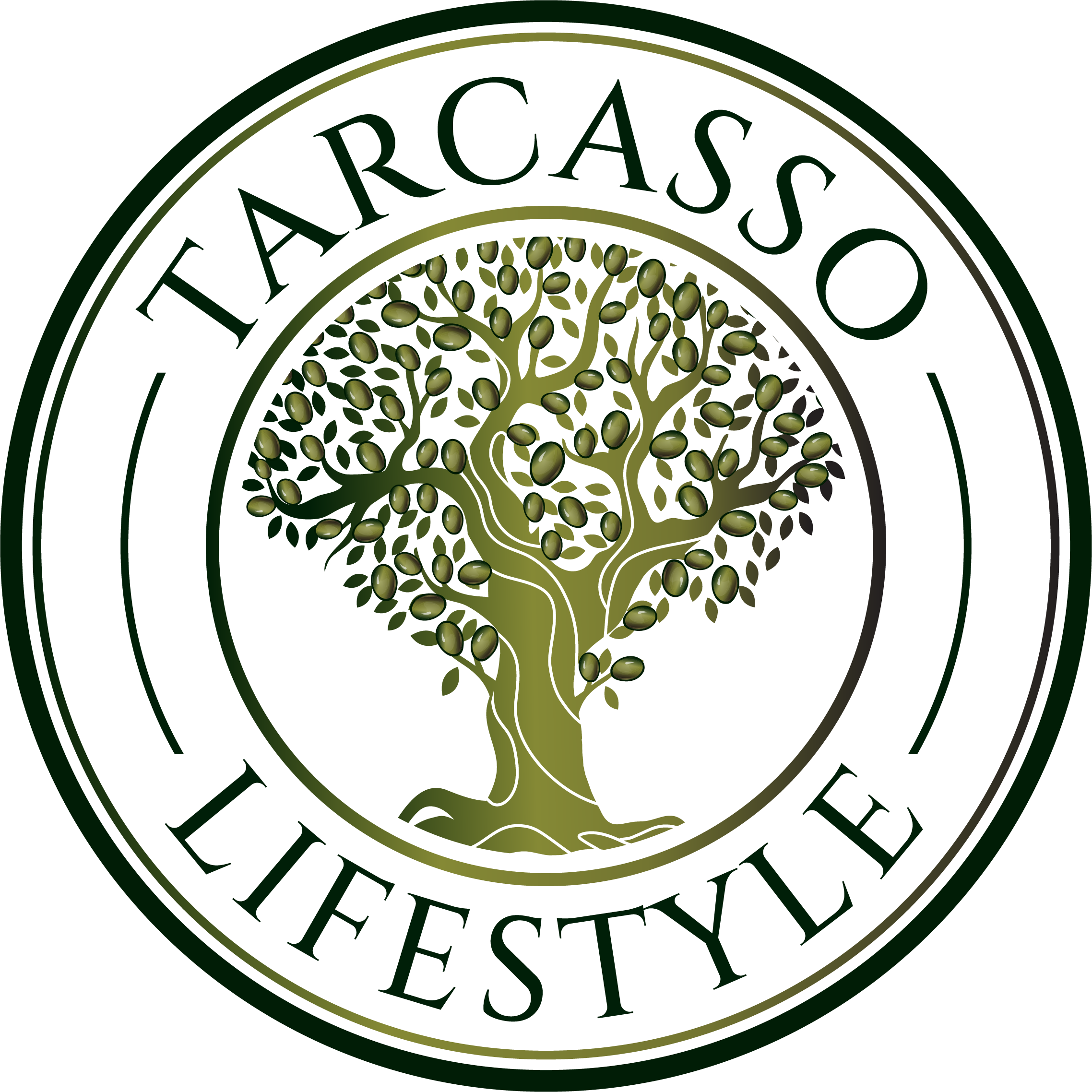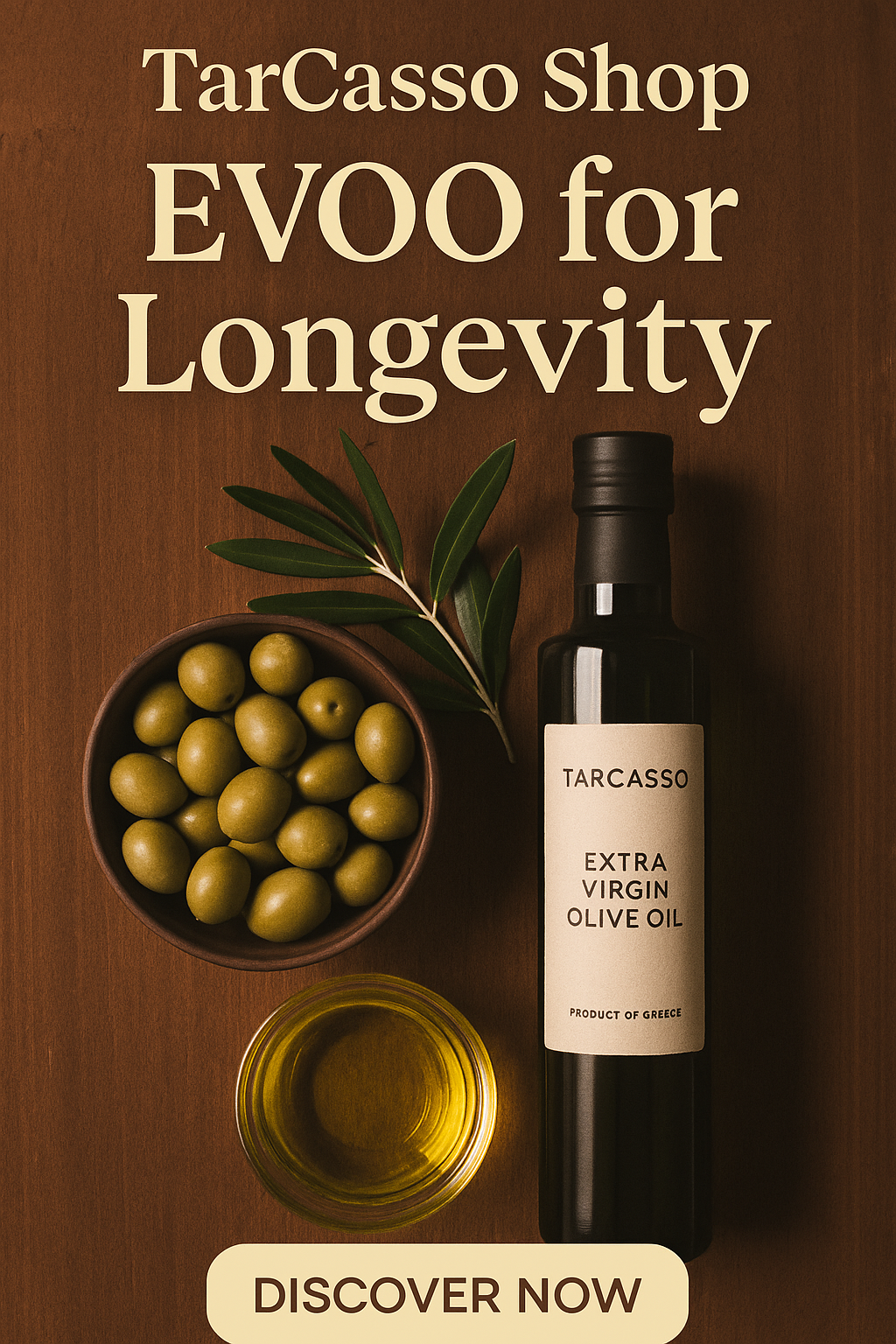The concept of holistic metabolism emphasizes the interconnectedness of bodily processes and how these can be influenced by diet, lifestyle, and mental health. This approach diverges from the narrower focus on individual nutrients or physical activities, suggesting that a broad view of metabolism can have profound effects on health and aging. While I’ll provide a general overview based on what’s known up to my last update, keep in mind that new findings emerge regularly, so staying informed through reputable sources is key.
1. The Gut-Brain Axis
Recent research underscores the importance of the gut microbiome in overall health, including mental well-being and the aging process. The gut-brain axis describes the biochemical signaling that takes place between the gastrointestinal tract and the central nervous system. A diet rich in diverse, fiber-rich foods (vegetables, fruits, legumes, and whole grains) can promote a healthy microbiome, which in turn has been linked to reduced inflammation, lower risk of chronic diseases, and potentially slower aging. Fermented foods, which introduce beneficial bacteria into the digestive system, are also gaining attention for their positive impact on gut health and, by extension, on mental health and cognitive function.
2. Anti-inflammatory Foods
Chronic inflammation is a common thread among various age-related diseases, including heart disease, diabetes, and Alzheimer’s. Diet plays a significant role in influencing inflammation levels. Foods high in antioxidants (berries, nuts, green leafy vegetables) and omega-3 fatty acids (found in fatty fish, flaxseeds, and walnuts) are known for their anti-inflammatory properties. Conversely, processed foods, high in sugar and saturated fat, can exacerbate inflammatory responses, contributing to disease progression and accelerated aging.
3. Hormesis and Dietary Restriction
Hormesis refers to the beneficial effects of mild stress on organisms, such as those induced by exercise, limited exposure to toxins, or dietary restriction (including practices like intermittent fasting). These stresses can activate cellular pathways that improve stress resistance, enhance repair mechanisms, and may delay aging. Caloric restriction and intermittent fasting, in particular, have been shown to extend lifespan and healthspan in animal models, though translating these findings to humans requires more research. These dietary strategies may work by reducing metabolic stress, improving insulin sensitivity, and encouraging cellular autophagy (the body’s mechanism for removing damaged cells).
4. Plant-based Diets
Increasing evidence supports the health benefits of plant-based diets, including vegetarian and vegan diets, in reducing the risk of chronic diseases and potentially supporting longer, healthier lives. These diets are typically low in saturated fat and high in dietary fiber, vitamins, and phytonutrients that combat oxidative stress and inflammation. However, it’s essential to plan these diets well to avoid nutrient deficiencies (such as vitamin B12, iron, and omega-3 fatty acids) that could otherwise negate their health benefits.
5. Mindful Eating and Stress Reduction
The holistic view of metabolism also includes the impact of psychological factors, such as stress and eating behaviors, on metabolic health. Mindful eating practices, which encourage a more thoughtful and appreciative approach to food, can improve digestion and satisfaction with meals, potentially preventing overeating and supporting better mental health.
In conclusion, a holistic approach to metabolism and aging suggests that a combination of diet, lifestyle, and mental well-being practices can synergistically support health and longevity. This perspective encourages not only looking at what we eat but also how we live and think, advocating for a comprehensive approach to health that might challenge conventional pharmaceutical and nutritional approaches. As always, individual needs and responses to dietary and lifestyle interventions can vary, so personal experimentation and possibly consultation with a healthcare provider are recommended to find the most beneficial approach.





